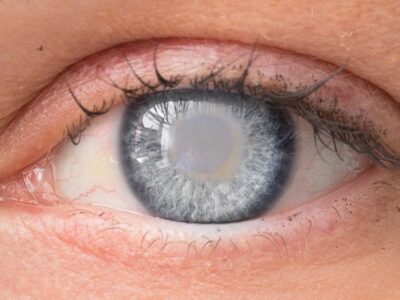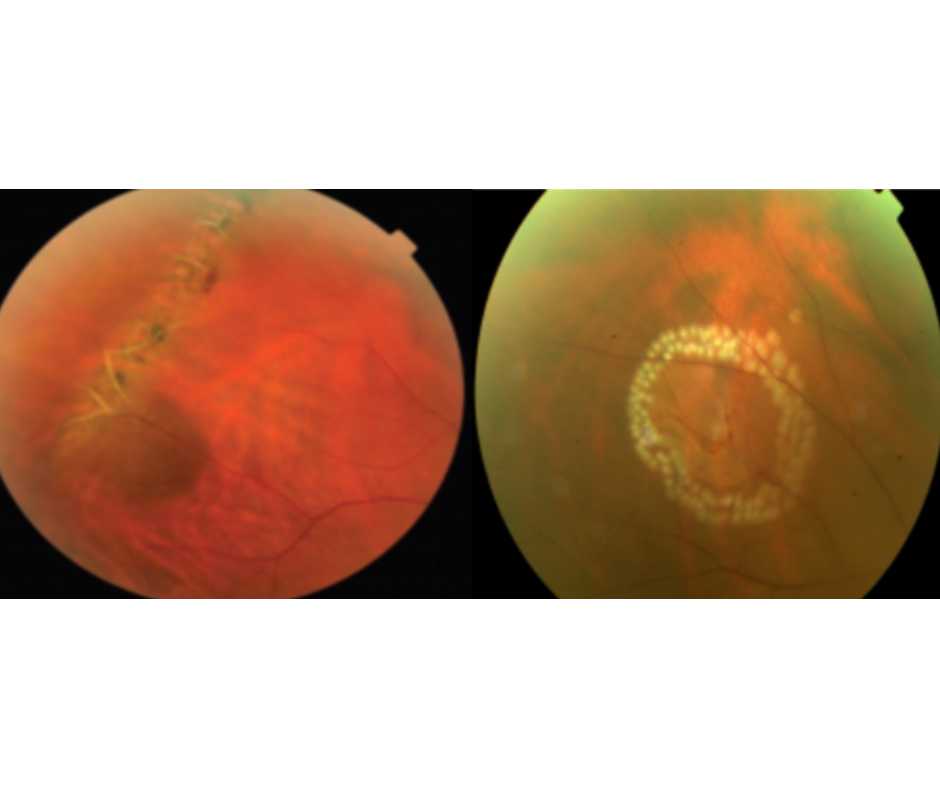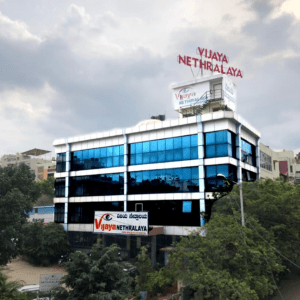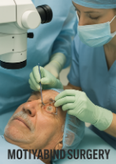Introduction
Cataract surgery is one of the most common and successful surgical procedures performed worldwide. It helps restore vision by replacing a cloudy lens with an artificial intraocular lens (IOL). However, like any medical procedure, it has potential disadvantages and risks. Understanding these drawbacks can help individuals make an informed decision before surgery. Disadvantage of cataract surgery everything you need to know.
What is Cataract Surgery?
what are the Disadvantage of cataract surgery
Cataract surgery involves the removal of the eye’s natural lens when it becomes cloudy due to cataracts. The cloudy lens is replaced with an artificial IOL, allowing clearer vision.

Who Needs Cataract Surgery?
People experiencing blurred vision, difficulty reading, and increased sensitivity to light due to cataracts may require surgery. However, it’s essential to weigh the risks and benefits before proceeding.
Potential Risks and Complications /what are the Disadvantage of cataract surgery
Common Surgical Risks
Though considered safe, cataract surgery carries risks such as infection, inflammation, and minor bleeding.
Rare but Serious Complications
Serious complications include retinal detachment, severe infection (endophthalmitis), or an incorrect IOL placement.
Post-Surgery Vision Issues
Residual Refractive Errors
Some patients may still require glasses or experience slight vision problems despite surgery.
Glare and Halos
Bright lights may cause glare or halos around them, especially at night, affecting night driving.
Infection and Inflammation Risks
Endophthalmitis: A Severe Infection
A rare but severe infection that can lead to vision loss if not treated promptly.
Uveitis and Other Inflammatory Conditions
Post-surgery inflammation is common but can be managed with medication.
Retinal Detachment
How It Happens
During surgery, the retina may detach, leading to vision loss if untreated.
Symptoms to Watch For
Flashes of light, floaters, and a shadow in the visual field may indicate retinal detachment.
Posterior Capsule Opacification (PCO)
Why It Occurs
A common post-surgery issue where the lens capsule becomes cloudy over time.
YAG Laser Treatment
PCO can be corrected with a simple laser procedure.

Macular Edema (Swelling of the Retina)
Causes and Risk Factors
Fluid accumulation in the retina post-surgery can blur vision.
Treatment Options
Anti-inflammatory medications or injections may be required.
Dry Eyes and Discomfort
Temporary vs. Long-Term Dry Eye Issues
Surgery may cause temporary dry eyes, while some patients develop chronic issues.
Remedies and Treatments
Artificial tears and prescription eye drops can help relieve symptoms.
Intraocular Lens (IOL) Displacement
What Causes It?
Incorrect placement or trauma can lead to IOL displacement.
Corrective Measures
A secondary surgery may be required to reposition the lens.
Risk of Glaucoma Development
Increased Intraocular Pressure
Cataract surgery can raise eye pressure, increasing the risk of glaucoma.
Management Strategies
Regular monitoring and medications help manage pressure levels.
Pre-Existing Conditions Aggravation
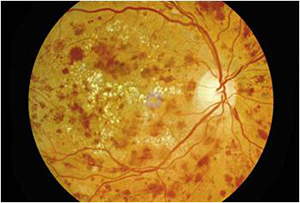
Diabetes-Related Risks
Diabetic patients are at a higher risk of post-surgery complications like macular edema.
Other Eye Diseases Affected
Conditions like uveitis or retinal disorders may worsen after surgery.
Cost and Financial Concerns
Insurance Coverage and Out-of-Pocket Costs
While many insurance plans cover basic surgery, premium lenses may not be covered.
Additional Expenses for Premium IOLs
Special lenses for astigmatism correction or multifocal vision may be costly.
Recovery and Lifestyle Adjustments
Time Taken for Full Recovery
Most patients recover within a few weeks, but healing varies by individual.
Temporary Vision Restrictions
Activities like swimming and heavy lifting are restricted during recovery.
Author Details:
Dr. Sushruth Appajigowda holds a prominent position as a Cornea, Cataract, Glaucoma, and LASIK Surgeon in Bangalore. He serves as the chief Cataract and Refractive surgeon at Vijaya Nethralaya Eye Hospital, Nagarbhavi Bangalore. Renowned as one of the finest LASIK surgeons nationwide, he brings with him over 12+ years of experience across multiple LASIK platforms, including ZEISS, ALCON, SCHWIND, AMO, and Bausch and Lomb. Having successfully conducted over 5000 LASIK procedures, Dr. Sushruth holds the title of a Certified Refractive Surgeon and a Fellow of the All India Collegium Of Ophthalmology. Furthermore, he stands as a distinguished speaker at various National and International Forums, using his expertise to guide you in selecting the most suitable procedure based on your health requirements.

http://vijayanethralaya.com/link-in-bio/
Conclusion
Cataract surgery is highly effective, but it is not without its disadvantages. Understanding potential risks, complications, and post-surgery issues helps patients make informed decisions. Consulting with an experienced eye surgeon can ensure the best possible outcome.
FAQs
1. How long does it take to recover from cataract surgery?
Most patients recover within 4 to 6 weeks, but vision stabilization may take longer.
2. Can cataract surgery make my vision worse?
While rare, complications like retinal detachment or infection can lead to worsened vision.
3. Will I still need glasses after cataract surgery?
Some patients may require glasses for reading or distance vision, depending on the lens implanted.
4. What is the most common complication of cataract surgery?
Posterior Capsule Opacification (PCO) is the most common, but it is easily treatable with laser surgery.
5. Can cataract surgery cause blindness?
Severe complications like endophthalmitis or retinal detachment can lead to blindness, but such cases are extremely rare.

